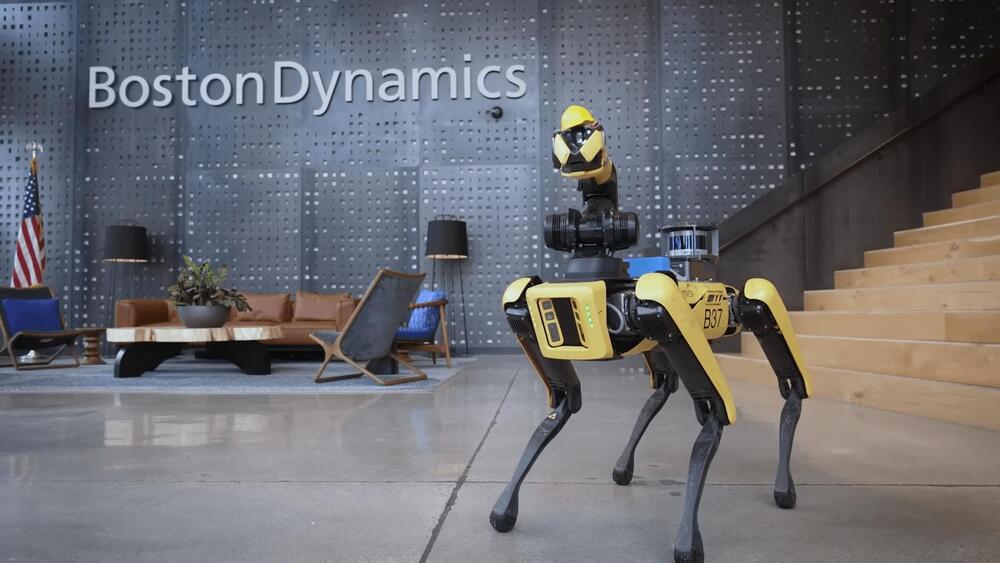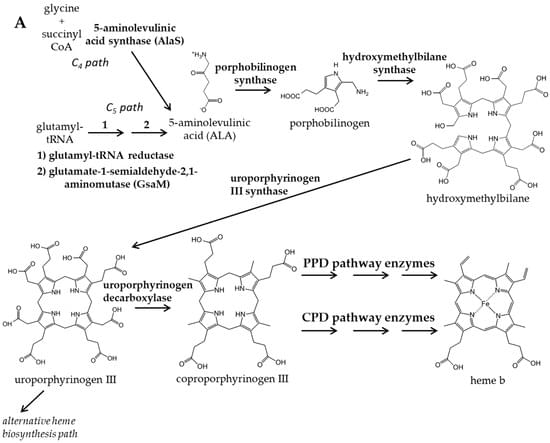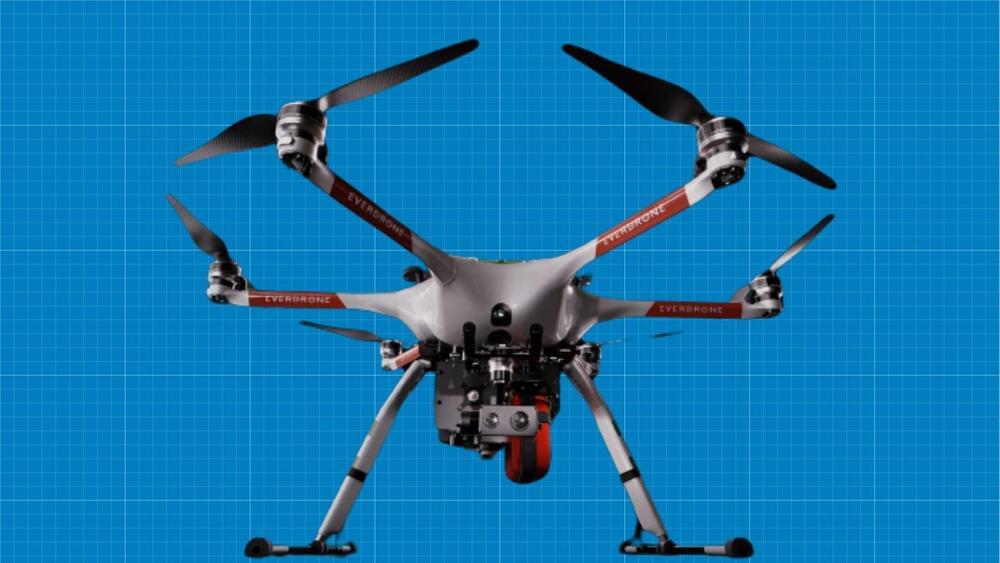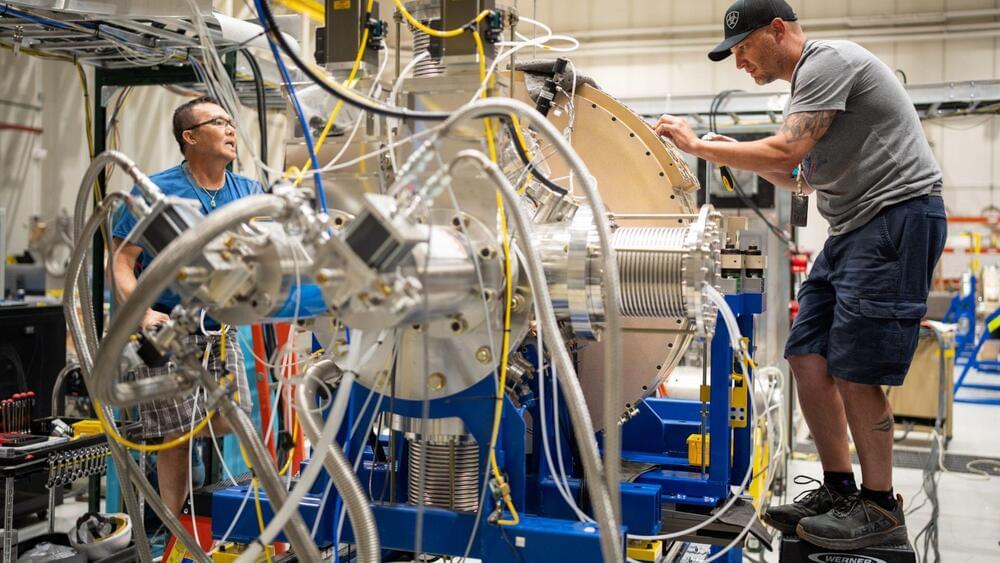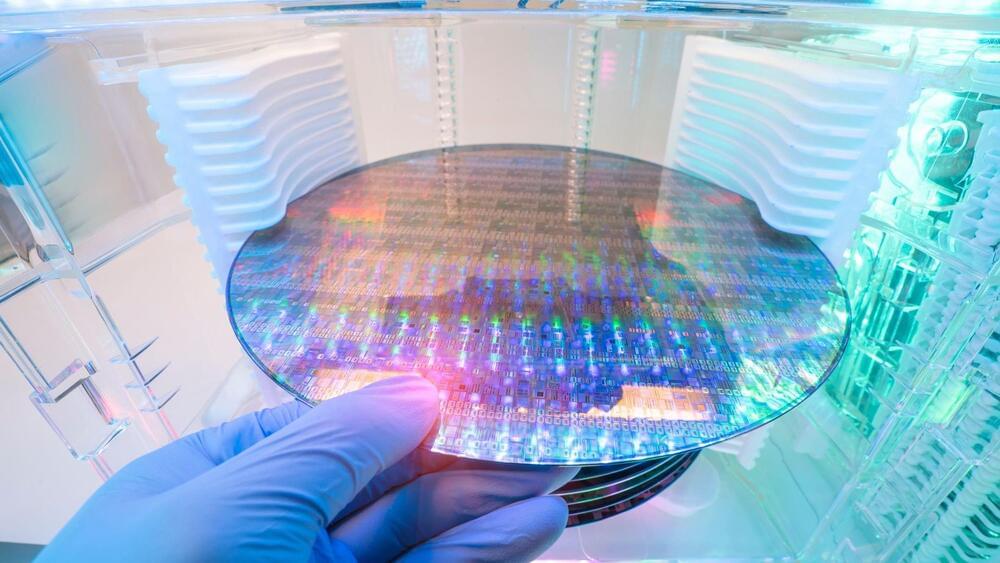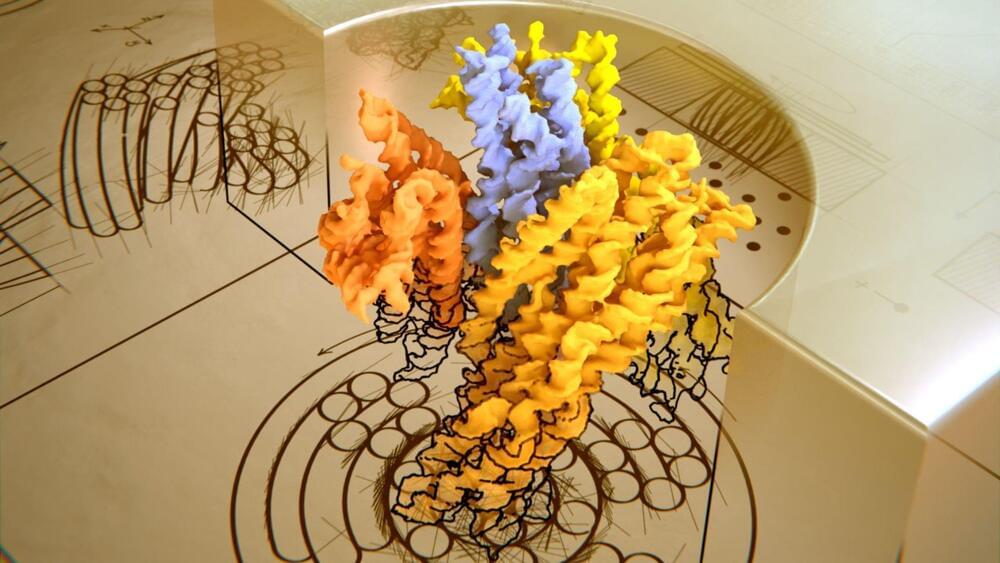Go to https://brilliant.org/EmergentGarden to get a 30-day free trial + the first 200 people will get 20% off their annual subscription.
Welcome to my meme complication video lolz rolf!!1! if you laugh you lose and you have to start the video over!! or if you blink or utilize any facial muscles! failing to restart or share the video will result in infinite suffering, success will result in infinite bliss.
☻/
/ ▌ copy me.
/ \
My Links.
Patreon: https://www.patreon.com/emergentgarden.
Discord: https://discord.gg/ZsrAAByEnr.
Music: https://youtube.com/@acolyte-compositions.
Sources:
Richard Dawkins ted: https://www.youtube.com/watch?v=mvJVseKdlJA
Orange Justice: https://www.youtube.com/watch?v=i0E10FASz2c.
Starling imitating camera: https://www.youtube.com/watch?v=S4IDaGo6a40
Baby imitating clapping: https://www.youtube.com/watch?v=uq1eZ8VZpSc.
Cinnamon challenge guy: https://www.youtube.com/watch?v=IqmhuYtldd0
Dawkins “It works…bitches”: https://www.youtube.com/watch?v=0OtFSDKrq88
Virus reproduction animation: https://www.youtube.com/watch?v=QHHrph7zDLw.
DNA replication animation: https://www.youtube.com/watch?v=7Hk9jct2ozY
Old bicycle: https://www.youtube.com/watch?v=p–RKyDFIAk.
Charlie bit me: https://www.youtube.com/watch?v=0EqSXDwTq6U
Vsauce fingers: https://www.youtube.com/watch?v=UMwEbsbLw3k.
Unknown Video (do not watch): https://www.youtube.com/watch?v=dQw4w9WgXcQ
The Internette: https://www.youtube.com/watch?v=Y5BZkaWZAAA
Beirut 2020 explosion: https://www.youtube.com/watch?v=LNDhIGR-83w.
Rotating Duck: https://www.youtube.com/watch?v=ggDbDRUauzo.
Free Real Estate: https://www.youtube.com/watch?v=cd4-UnU8lWY
Do I look like I know what a jpeg is: https://www.youtube.com/watch?v=QEzhxP-pdos.
Free Real Estate asmr meme: https://www.youtube.com/watch?v=CCSE6x8T0jc.
Silly red bird: https://www.youtube.com/watch?v=kUJw2eVYznw.
Silly siamangs: https://www.youtube.com/watch?v=-JUhUI_KvUI
Strong vsauce: https://www.youtube.com/shorts/crVjtJyc-r4
Jazz Frog TikTok: https://www.youtube.com/watch?v=0BWiMF8_v6M
Barry Algorithm: https://www.youtube.com/watch?v=ktAbh39aoU8
AI Pizza Ad: https://www.youtube.com/watch?v=qSewd6Iaj6I
Dawkins weird meme song: https://www.youtube.com/watch?v=2tIwYNioDL8
I could not realistically credit everything.
Timestamps.
